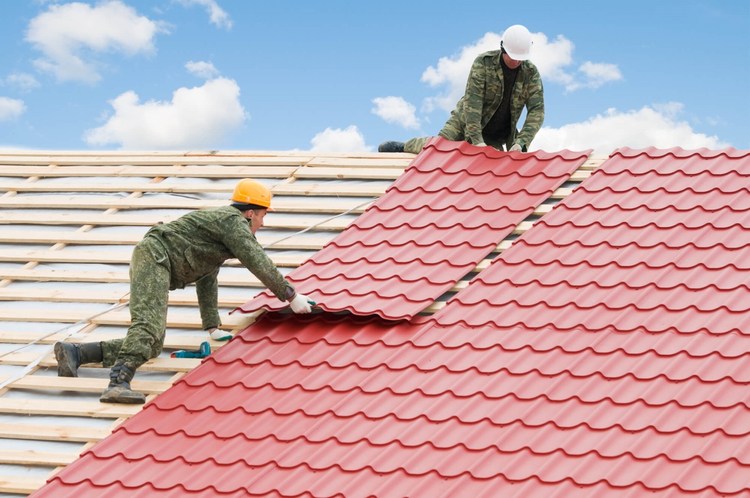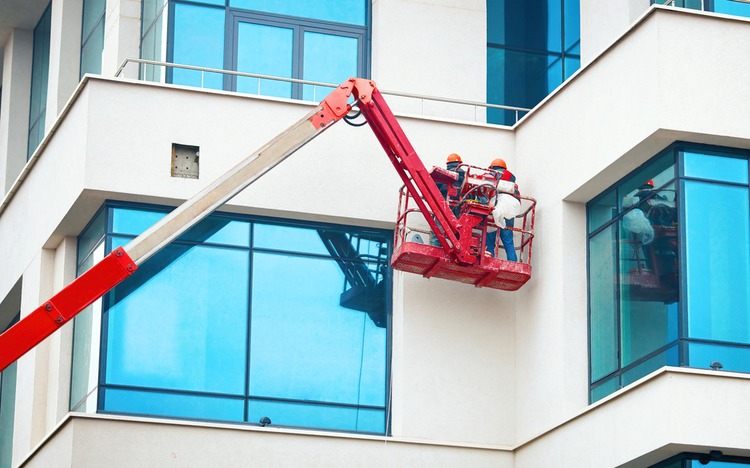5 Common Mistakes to Avoid When Working With Roofing Companies on a Replacement
Replacing a roof is a major project, and choosing the right support is just as important as the materials themselves. Many homeowners rely on roofing services offered by city companies, regional contractors, or trusted domestic firms. In some cases, collaboration with neighboring or nearby providers helps ensure larger projects are completed efficiently. Whether dealing with routine replacement or more complex structural work, avoiding key mistakes can prevent delays, added expenses, and long-term problems. Knowing what to watch for when working with roofing companies in your region is essential for a smooth process.

Failing to Verify Roofing Companies’ Credentials Before Hiring
One of the most critical yet frequently overlooked steps is thoroughly vetting potential contractors before signing any agreements. Many homeowners rush into hiring decisions without properly researching a company’s background, licensing status, or track record. Start by verifying that your chosen contractor holds proper licensing for your state and locality, as requirements vary significantly across regions. Check their insurance coverage, including both liability insurance and workers’ compensation, and request to see current certificates rather than simply taking their word for it.
Beyond basic credentials, investigate the company’s reputation through online reviews, Better Business Bureau ratings, and references from recent customers. A reputable roofing company should readily provide references and be transparent about their business practices. Be wary of door-to-door contractors or those pressuring you to sign immediately, as legitimate companies typically provide detailed estimates and allow time for consideration.
Overlooking Safety Standards and Communication During Projects
Safety protocols and clear communication channels are non-negotiable aspects of professional roofing work, yet many homeowners don’t establish these expectations upfront. Professional roofing companies should demonstrate comprehensive safety measures, including proper equipment, trained personnel, and adherence to OSHA guidelines. Inquire about their safety record and procedures for protecting both workers and your property during the project.
Communication breakdowns often lead to project delays, misunderstandings, and unsatisfactory results. Establish clear communication protocols from the beginning, including designated points of contact, regular progress updates, and procedures for addressing concerns or changes. A professional company should provide detailed project timelines, explain their processes clearly, and be responsive to your questions throughout the replacement process.
Ignoring Regional Conditions That Affect Roofing Materials and Methods
Climate, weather patterns, and local building codes significantly impact roofing material selection and installation methods, yet many homeowners choose contractors who lack regional expertise. Your area’s specific challenges—whether it’s hurricane-force winds, heavy snow loads, extreme temperature fluctuations, or frequent hail—require specialized knowledge and appropriate material choices.
Local building codes and permit requirements also vary considerably between jurisdictions. Experienced local roofing services understand these nuances and can recommend materials and installation techniques optimized for your region’s conditions. They’re also familiar with local inspection processes and can ensure your project meets all regulatory requirements, preventing costly corrections later.
Relying Solely on Price Instead of Evaluating Roofing Services Quality
While budget considerations are important, making decisions based solely on the lowest bid often leads to expensive problems down the road. Extremely low bids may indicate corner-cutting on materials, rushed installation, inadequate insurance coverage, or hidden costs that emerge later. Instead, evaluate the total value proposition, including material quality, warranty coverage, company reputation, and long-term durability.
Consider the cost per year of service rather than just upfront expenses. A slightly more expensive installation using premium materials and expert craftsmanship may provide better value over your roof’s lifespan. Quality roofing services typically offer comprehensive warranties, use proven materials, and stand behind their work with ongoing support and maintenance options.
| Roofing Material | Average Cost Range | Lifespan | Best Climate Conditions |
|---|---|---|---|
| Asphalt Shingles | $3,000 - $7,000 | 15-30 years | Moderate climates |
| Metal Roofing | $8,000 - $16,000 | 40-70 years | All climates, especially harsh weather |
| Clay Tiles | $10,000 - $18,000 | 50-100 years | Hot, dry climates |
| Slate | $15,000 - $30,000 | 75-150 years | Cold, wet climates |
Prices, rates, or cost estimates mentioned in this article are based on the latest available information but may change over time. Independent research is advised before making financial decisions.
Not Reviewing Contracts or Agreements With Domestic or City Companies
Contract review is perhaps the most crucial step that homeowners frequently rush through or skip entirely. A comprehensive roofing contract should clearly outline project scope, materials specifications, timeline, payment schedule, warranty terms, and procedures for handling changes or complications. Take time to understand every provision, and don’t hesitate to request clarifications or modifications before signing.
Pay particular attention to warranty coverage, including what’s covered, duration of coverage, and procedures for making claims. Understand the payment structure—reputable companies typically require minimal upfront payment and don’t demand full payment until project completion. Be wary of contracts with vague language, missing permit responsibilities, or terms that seem heavily skewed in the contractor’s favor.
Avoiding these common mistakes requires diligence and patience, but the investment in proper contractor selection and project management pays significant dividends in the form of a durable, properly installed roof that protects your home for decades. Take time to research thoroughly, ask detailed questions, and prioritize quality and professionalism over convenience or lowest price. Your roof replacement represents a major investment in your property’s value and your family’s safety, making careful planning and contractor selection essential for long-term satisfaction and peace of mind.




